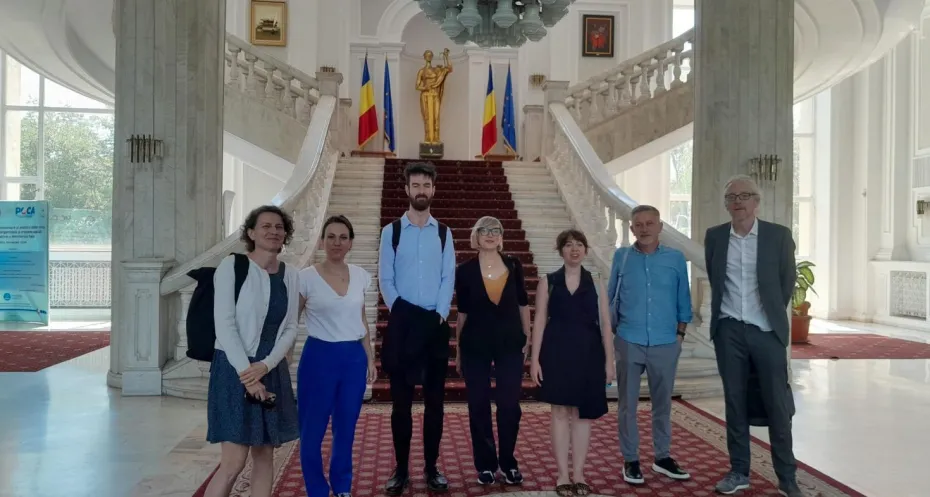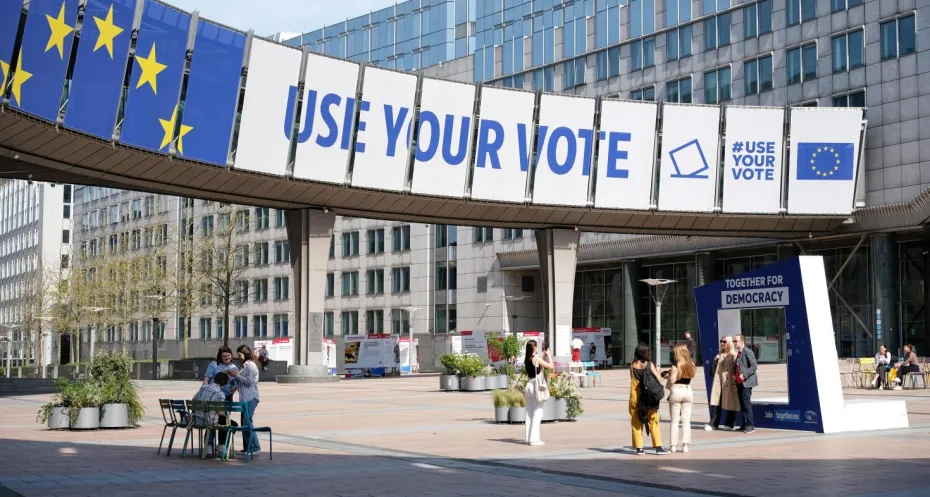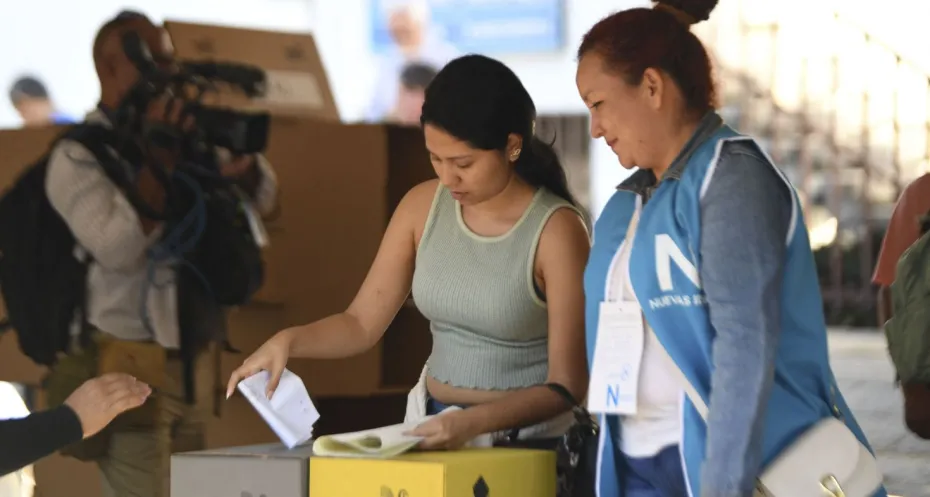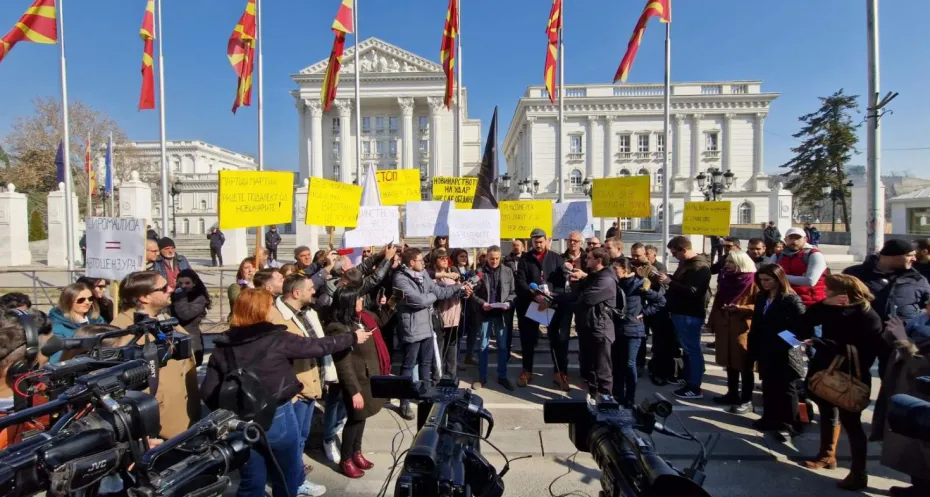Media freedom mission to Romania questions fairness of electoral coverage

Representatives of Media Freedom Rapid Response (MFRR), a consortium Free Press Unlimited is a member of, completed a two-day mission to Bucharest in the aftermath of the European elections, and conclude that an urgent reform of political funding for ‘press and propaganda’ is needed to end media dependency on political parties in Romania.
The MFRR visited Romania on 17-18 June just one week after the European and local elections had been held. The members had meetings with a range of actors including parliamentarians, human rights institutions and journalist and media freedom groups. With presidential elections due in September and parliamentary elections in December this year, the MFRR calls for an urgent reform of the system of party funding to remove political money from the media system which is preventing media to provide the fair and balanced political reporting necessary for the public to make informed electoral choices.
"The financing of political parties with money from the state budget for political propaganda has turned the Romanian media market and media business models upside down. In practice, Romanian citizens pay taxes and fees that go to political parties for electoral propaganda. With MFRR we try to flag these issues and provide recommendations to call for change." - Marius Daea, coordinator at FPU's sister organisation Free Press for Eastern Europe
The problem is exacerbated by a lack of transparency over which parties fund which media, how much they fund and for what media content. Investigative journalists have revealed how party money is used to pay for media content without being clearly labelled for the audience, as well as backing smear campaigns against opponents.
Romania also boasts some highly professional media outlets providing excellent political coverage. Those that do, either refuse political funds completely, or ensure that when they do accept them, the content is clearly marked and fully transparent.
The mission called for closer co-operation between the broadcast regulator (CNA) and the Permanent Electoral Authority (PEA) in verifying the expenditure of political funds in media to ensure its use does not breach either the electoral or broadcast law.
The mission also called on the parliamentary committees for mass media to conduct a public inquiry into the role of political funds and its impact on media independence and electoral fairness.
Findings on safety
Another finding of the mission was how Romanian media are targeted with an alarming number of Strategic Lawsuits Against Public Participation (SLAPPs) aimed at silencing investigative journalism and critical reporting. These lawsuits, often initiated by powerful political figures and business interests, rarely win in court, but instead succeed in intimidating and financially draining media outlets.
The mission also notes the online harassment and threats directed at journalists – particularly women journalists – which create a growing climate of hostility designed to silence journalists. The authorities must do more to address this problem and protect journalists, particularly from online trolling and smear campaigns.
The mission welcomed the High Court’s decision to instruct the re-opening of the investigation into possible political interference in the investigation into the smear campaign against investigative journalist, Emilia Sercan. The mission also welcomed the General Prosecutor’s assurances that Sercan’s case will be overseen by a highly competent and fully independent prosecutor with the resources to resolve the case before the end of the statute of limitations.
The mission called for the government to swiftly implement new Europe-wide rules designed to improve media freedom including the European Media Freedom Act, the Anti-SLAPP Directive and the Regulation on the Transparency of Political Advertising as well as the European Commission’s recommendations on the safety of journalists.
The mission was led by the International Press Institute and included the Osservatorio Balcani e Caucaso Transeuropa (OBCT), European Centre for Press and Media Freedom, Free Press Unlimited and the Romanian media freedom organisation, ActiveWatch.
Read the full statement here:
This statement was produced as part of the Media Freedom Rapid Response (MFRR), a Europe-wide mechanism which tracks, monitors and responds to violations of press and media freedom in EU Member States and candidate countries, funded by the European Commission.



